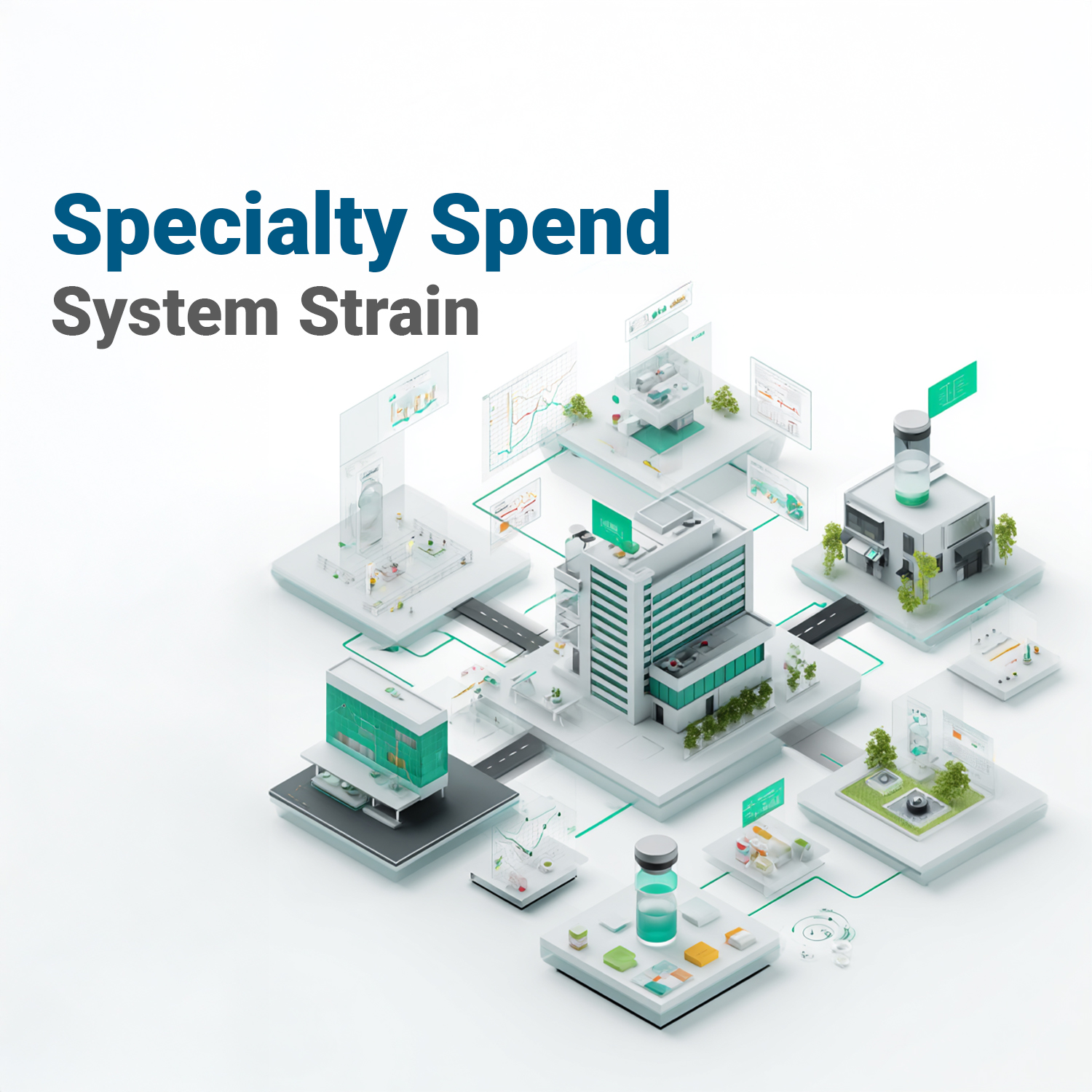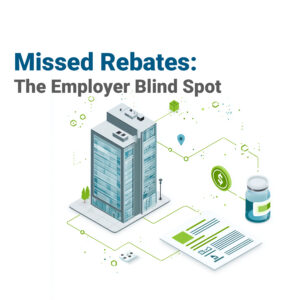As specialty drug spending accelerates and reimbursement pressures mount, hospitals and outpatient systems are increasingly rethinking how they manage financial visibility across the medical benefit. The latest 2025 PBM Customer Satisfaction Report from Pharmaceutical Strategies Group (PSG) offers important context for this shift.
According to PSG, overall PBM satisfaction fell to 7.1 out of 10, its lowest point in 15 years. Net Promoter Score (NPS) for PBMs also dropped into negative territory (-12), reflecting reduced trust and confidence among plan sponsors.
When respondents were asked what would most improve their satisfaction, the answer was clear: greater transparency, especially surrounding pricing and rebates. In fact, 55% of organizations cited “better pricing” as the primary reason they would switch PBMs, followed closely by a need for more transparency into discount and rebate structures.
These findings highlight a growing reality:
Hospitals and outpatient systems want direct, verifiable insight into drug spend, particularly for specialty medications billed under the medical benefit.
Why PBM Satisfaction Trends Matter to Providers
While PBMs remain central to pharmacy-benefit management, their frameworks often offer limited granularity around medical-benefit drug economics, where many high-cost therapies reside. PSG’s data shows persistent dissatisfaction with PBM-driven management of specialty medications, including rebate negotiation and financial reporting.
For hospitals and outpatient centers, this disconnect can create:
- Limited visibility into real net drug costs
- Challenges reconciling reimbursement vs. acquisition cost
- Uncertainty around missed or underreported rebate opportunities
- Difficulty projecting specialty spend within patient populations
With medical-benefit specialty costs rising annually, relying solely on PBM-level reporting can reduce financial predictability at a time when systems need more control, not less.
The Rise of Direct Rebate Accountability
These market pressures are prompting providers to explore Strategic Rebate Management programs that operate alongside existing PBM arrangements. The goal isn’t to replace the PBM—it’s to enhance internal financial governance.
Direct rebate accountability allows hospitals and outpatient facilities to:
- Review rebate-eligible medical-benefit drug claims independently
- Validate eligibility against manufacturer terms
- Increase clarity into specialty-drug spend outside the traditional PBM lens
- Strengthen internal forecasting and budgeting
- Create a complementary layer of transparency and audit-readiness
As PBM satisfaction declines and transparency expectations rise, Strategic Rebate Management serves as a stabilizing mechanism in an otherwise volatile specialty-drug landscape.
Preparing for 2026 and Beyond
The growing gap between provider expectations and PBM performance signals a continued shift toward hybrid oversight models, where providers maintain PBM partnerships while developing their own internal or third-party rebate accountability pathways.
In a market where complexity is increasing but satisfaction is decreasing, establishing better visibility into medical-benefit drug economics is becoming essential for long-term financial performance.
Disclaimer: This blog references publicly available findings from the 2025 PBM Customer Satisfaction Report by Pharmaceutical Strategies Group (PSG). VativoRx is not affiliated with, endorsed by, or partnered with PSG. All PSG data points are cited objectively. This article is for informational purposes only and does not constitute financial, legal, or regulatory advice.






